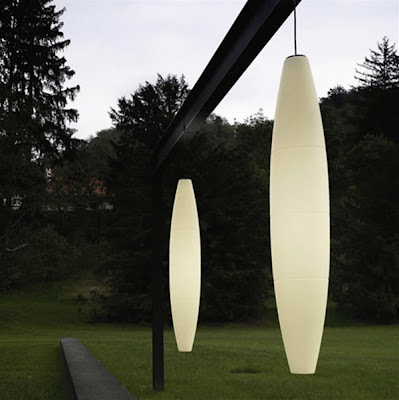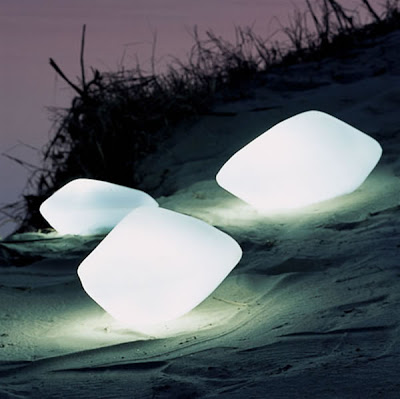cheap outdoor lighting
There are so many different styles of outdoor garden lights on the market that it is sometimes difficult to know where to begin. However you may be pleased to learn that whether you are looking for some cheap lights or more expensive designer outdoor lighting their power sources fall in to three main categories. All garden lights will be powered by either; battery, solar or mains electricity and this article takes a look at the pro’s and cons of each of those power sources, so that you can make an informed decision.
Battery Power
Battery powered outdoor lights can be positioned any where in the garden and do not necessarily have to be positioned in the sun like solar lights. Out of all of the power sources batteries offer the most flexible solution in terms of positioning the lights; however, they also have some major drawbacks. Unless you are using lithium based batteries you garden lights will struggle to operate at sub-zero temperatures. There is also the added cost of replacing the batteries every time they run out, and this also has an environmental impact.
Solar PowerSolar power offers the possibility for lights to be position wherever there is sunlight during the day (so that they can charge). There are also solar lights that have a remote solar panel so lights can be positioned where there is no sun but then you do have to have a cable running to the solar panel. Out of all the different power sources for garden lights, solar power is the cheapest to run and has the smallest environmental impact. The main disadvantages of solar lights are that the cheaper lights tend to emit a blue/white light and their operating times tend to be quite short.
Mains PowerMains powered lights are slowly but surely dying out in the outdoor market. Advances in solar power lights allow them to now be used in situations that would have previously been satisfied by mains powered lights. However, there is one major advantage of mains powered lights and that is that they will stay on for as long as you have them switched on. The disadvantages are numerous though; installation costs are high and very disruptive, positioning of the lights is limited, they are unsafe for children and pets and finally the running costs of them are much greater than solar powered lights and therefore so is the environmental impact.










